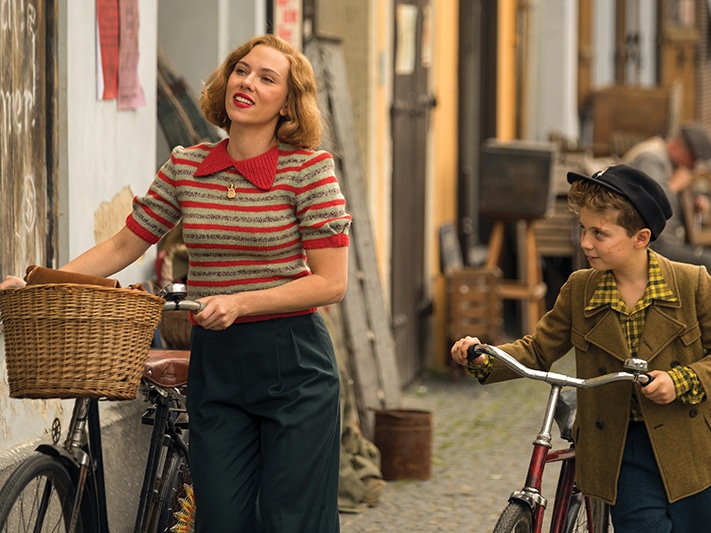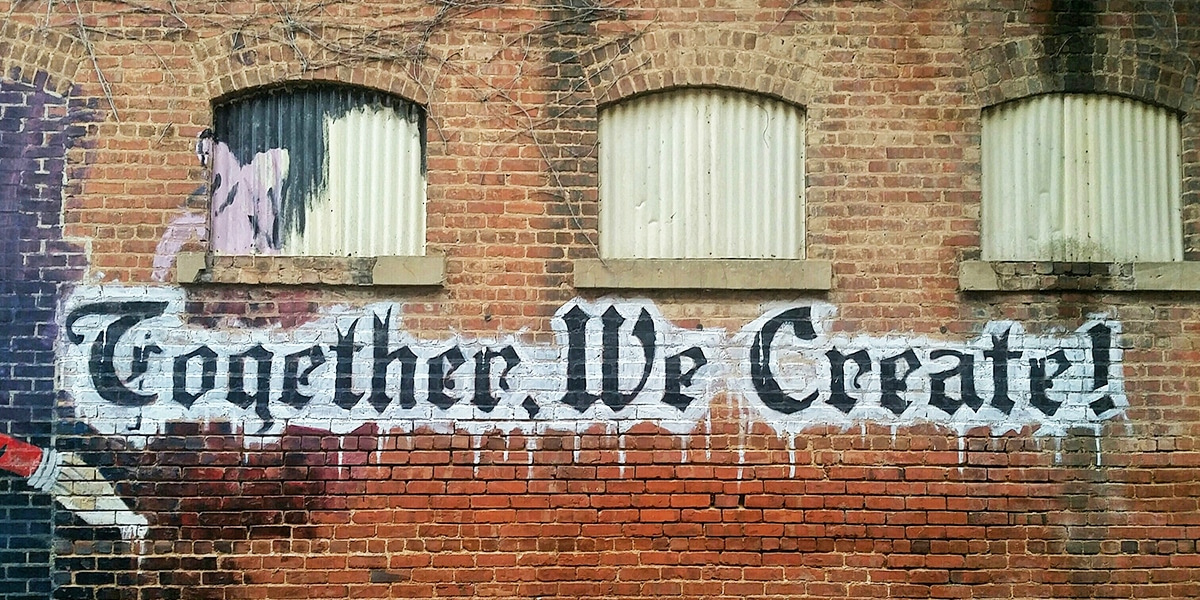Bombshell
In August 2015, Fox newscaster Megyn Kelly (Charlize Theron) becomes ill as she prepares to moderate the Republican debate. Fox News CEO Roger Ailes (John Lithgow), who favors conspiracy theories, thinks she may have been poisoned. Kelly is criticized after asking then-candidate Donald J. Trump about his past sexist remarks and if a man of his temperament should be elected president. He begins to tweet insulting remarks about her—and others follow suit. Fox hires security for Kelly after a photographer trespasses and takes a photo of her children at home.
Gretchen Carlson (Nicole Kidman) loses her position as cohost of Fox and Friends in 2013. She’s given her own daytime show, but ratings are low. After being fired by Fox in 2016, she files a sexual harassment lawsuit against Ailes. Her lawyers inform her of how difficult this will be because of the combined power of Fox and Ailes, but Carlson persists. She is certain that others will come forward to support her lawsuit, but they do not—at first.
Kayla Pospisil (Margot Robbie) is a young, ambitious new hire at Fox who wants her own show. When she visits Ailes in his office, he asks her to show her loyalty by pulling up her skirt. Pospisil is mortified, outraged, and confused, her hopes suddenly clouded.
Carlson’s lawsuit goes public. Almost everyone at Fox News supports Ailes, while Kelly is surprisingly silent. When she refuses to speak up for Ailes and shares her own story with colleagues, the scene is set for the bombshell revelations of Carlson’s lawsuit and the consequences that follow.
Written by Charles Randolph and directed by Jay Roach, Bombshell is not an easy film to watch. To see these women continually humiliated, demeaned, and harassed—both on-air and in private—is disgusting. However, the film is important for two reasons. In the context of the #MeToo movement in American culture, this is both a warning shot about male privilege and encouragement for women to speak up about respect and equity in the workplace. Bombshell gives insight into how the reporters and “entertainers” of Fox News seek to influence their audience by choosing stories that instill fear and elicit outrage.
The performances in the film are spot-on, especially Theron as Kelly. At times I didn’t know if I was watching—and hearing—the actor or Kelly herself. Robbie, also excellent, plays a character composite of several women who work or worked at Fox News.
L, R Sexual situations, sexual harassment, some language.

JoJo Rabbit
The film opens toward the end of World War II. We are introduced to a group of Hitler Youth in training, led by Captain Klenzendorf (Sam Rockwell) and Fraulein Rahm (Rebel Wilson). Among the children, 10-year-old Johannes “JoJo” Betzler (Roman Griffin Davis) stands out for his nationalistic fervor and enthusiasm. When he refuses to kill a rabbit, however, he is mocked and called “JoJo Rabbit” by his peers. To show he is brave, he throws a hand grenade that bounces off a tree and explodes in front of him, leaving his face scarred. No longer in training, his new job is distributing Nazi leaflets.
JoJo misses his father, whom he believes is fighting in Italy. He gets angry at his mother, Rosie (Scarlett Johansson), when he discovers she is hiding a Jewish girl, Elsa (Thomasin McKenzie), in their house. When JoJo is overwhelmed, he takes refuge with his imaginary friend, an absurd and stupid Adolf Hitler (played by writer-director Taika Waititi), who promotes hatred of the Jews to the boy.
I didn’t expect to like JoJo Rabbit, for the idea of making light of Hitler, the Nazis, and anti-Semitism is wrong. However, Waititi’s film is very much an anti-hate satire. Rosie allows JoJo to participate in the Hitler Youth because it is a way to keep him safe while she undermines German aggression in secret. As JoJo and Elsa become friends, the boy stops repeating the anti-Semitic insults he has learned and watches out for her. Finally, when the Russians enter the town at the end of the war, some of the characters who seemed one-dimensional now show they are capable of being authentically human.
This affecting dramedy is based on the 2008 novel Caging Skies by Christine Leunens. The performances are stellar. Sam Rockwell, as usual, is superb as the idiotic, would-be Nazi captain in charge of training children.
A-3, PG-13 Racism, violence, peril.

I Still Believe
It is 1999, and the musically gifted Jeremy (K.J. Apa) leaves home in Indiana for a Christian college in California. His father, Tom (Gary Sinise), gives him a guitar that he trea-sures. Once at school, Jeremy begins to perform and notices Melissa (Britt Robertson) in the audience. They meet and are immediately attracted to one another. At first hesitant, Melissa finally agrees to keep company with Jeremy. Two years later, they are very much in love. Jeremy intends to propose, but his father thinks they are too young. But when Melissa is diagnosed with cancer, they marry.
This biopic of the real-life romance between the future contemporary Christian singer Jeremy Camp and the strong and good Melissa Henning is very touching. Apa, who does his own singing, is excellent, as is Robertson. Directed by Andrew and Jon Erwin, the film lingers too long on Jeremy’s grief, but it offers a way to talk about illness, suffering, and death for young people. The film is based on Jeremy Camp’s memoir I Still Believe.
Not yet rated, PG Dying, death.








